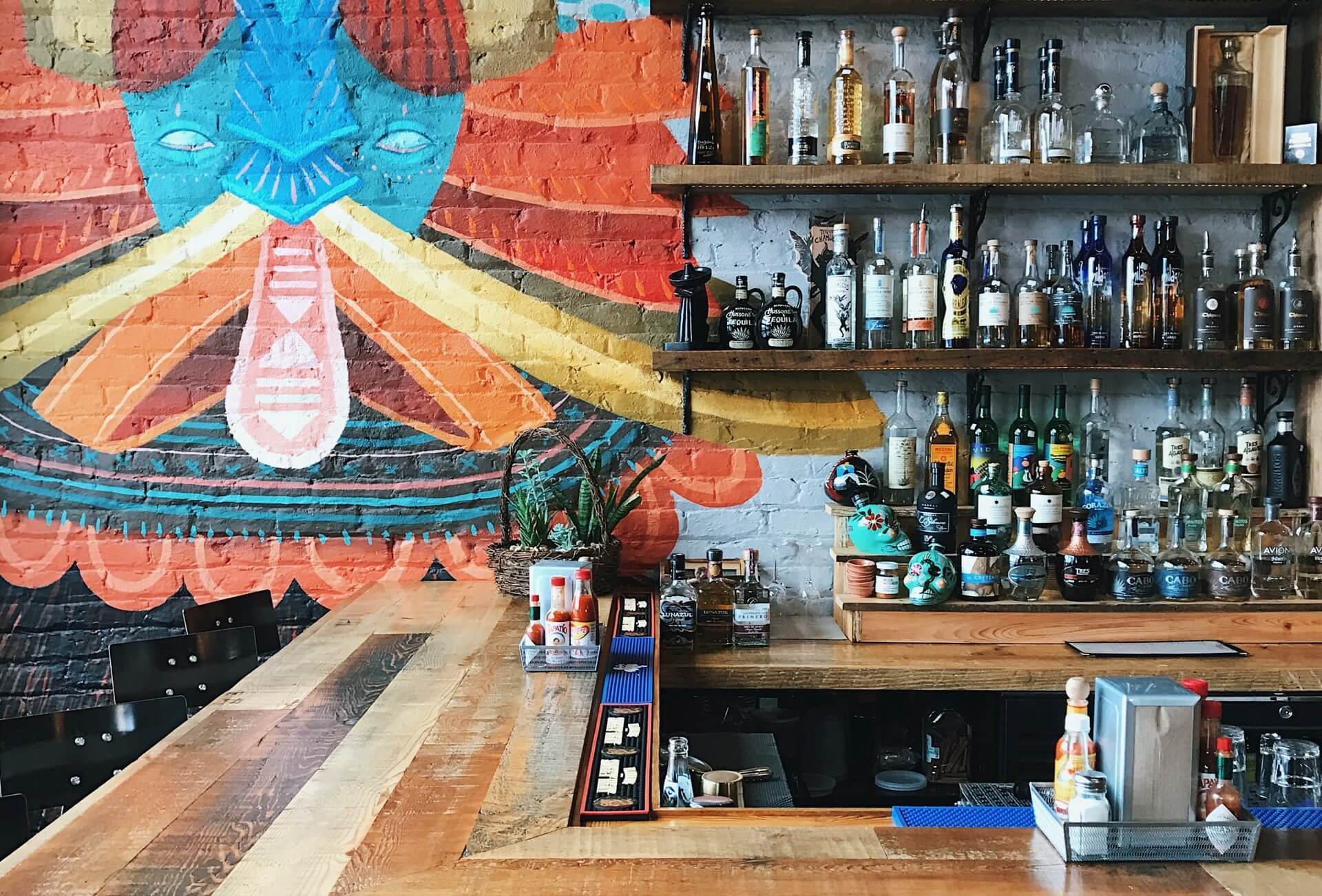Código 1530 Tequila Closes the Loop
by David Klemt

The evidence that consumers are showing increasing interest in luxury spirits continues to mount, with tequila benefiting greatly.
According to DISCUS, the luxury category of tequila continues to grow. Sales volume is up 30.7 percent annually since 2015 for luxury tequila brands.
While it’s easy to point to brand recognition, cache and perception, there may be another reason for this growth.
In a word, “responsibility.”
Sustainability is Sexy
Episode 57 of Bar Hacks features Collin De Laval. He’s the company mixologist for Código 1530 Tequila, and he’s intimately familiar with the brand.
So, De Laval knows more than every nuance of each Código 1530 expression. He also understands the ethos that drives the brand and its processes.
One of Código’s values is responsibility, which it manifests through sustainability efforts. As De Laval explains, “we try and close a lot of the waste loop, as much as we can.”
Not only does Código utilize naturally filtered water, they cut the water back out of their heads and tails. That water is then reused. The brand uses broken pieces of barrel and spent agave to char new barrels.
Further, Código is a small craft distiller. They don’t level thousands upon thousands of agave each day. Instead, they’re selective and take only what’s necessary.
“We’re treating the land a lot better in that way,” says De Laval.
These efforts are increasingly appealing to consumers. It’s not just the liquid in the bottle that matters. How that liquid got into the bottle is important to them.
“Now it’s like, ‘I know this brand. I know they do good stuff,'” De Laval says.
That “good stuff” doesn’t reference only the quality of the spirits but a brand’s responsibility and sustainability.
Drinking Better
“People are drinking ‘up’ now,” says De Laval. “Gone are the eras of, ‘Let me get whatever’s well.'”
He’s not talking about how a guest orders their drink. By “up” De Laval means they’re choosing top-shelf spirits.
Six years of steady growth for luxury or ultra-premium spirits supports this claim.
De Laval isn’t the only Bar Hacks guest who notices this trend. During episode 56, Pernod-Ricard Prestige sales manager Maxime Lecocq mentions the trend as well.
If luxury spirits and wines had suffered during the pandemic, that would’ve made sense. It could’ve been explained as people being cautious with their money.
Indeed, consumers were cautious. However, not in the way that many would assume. The numbers support the belief that consumers were spending more to drink higher-quality bottles.
Interestingly, drinking better doesn’t appear to refer only to quality or price. Many small, luxury craft distillers enjoy the perception as more responsible than large, industrial producers.
Drinking better now seems to mean drinking what’s better for the environment. And if what’s more responsible and sustainable happens to be ultra-premium, consumers are willing to pay for it.
Image: Spencer Pugh on Unsplash
